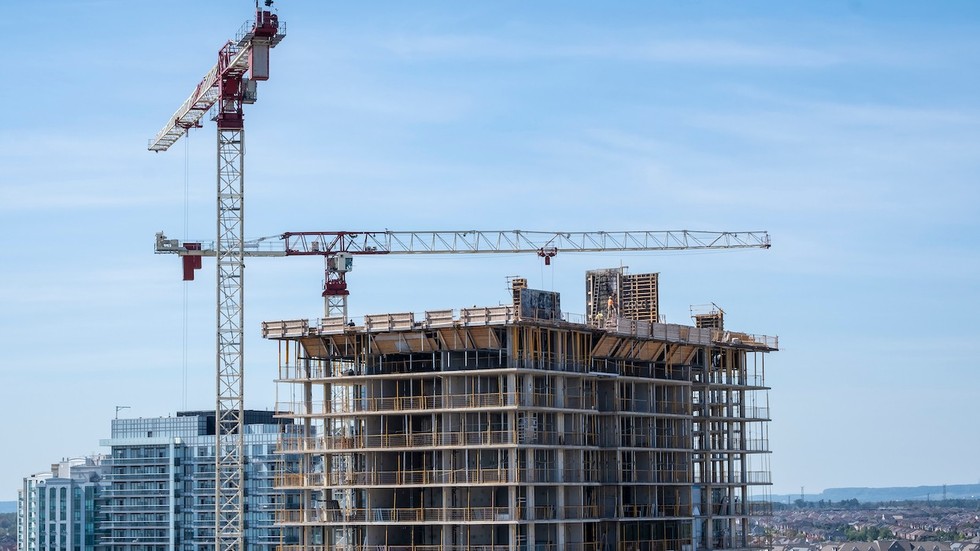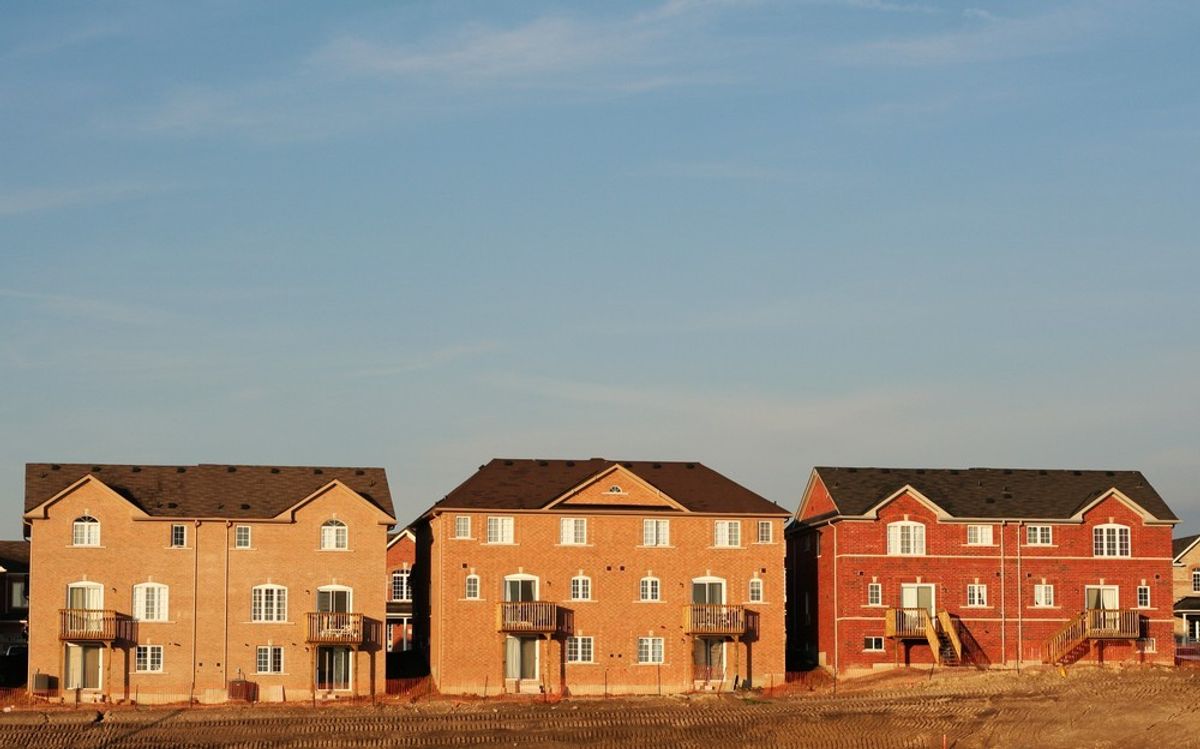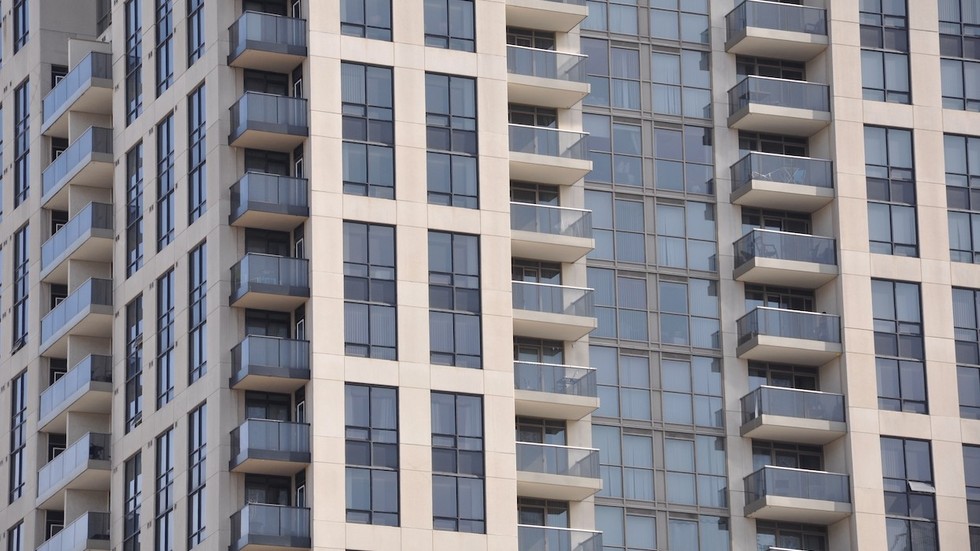Despite receiving widespread backlash from Ontario tenants advocates, the provincial government officially passed the controversial Bill 184 on Tuesday before receiving Royal Assent today.
According to the Ford government, the new tenant's law, Protecting Tenants and Strengthening Community Housing Act, claims it will better protect people facing eviction during the pandemic by increasing fines for unlawful eviction and will push landlords to establish repayment agreements with tenants before considering evictions.
READ: Why Are Tenant Advocates So Afraid of Ontario’s Bill 184?
"We know tenants and landlords have struggled during COVID-19, and some households may be facing eviction due to unpaid rent during this crisis," said Steve Clark, Minister of Municipal Affairs and Housing.
"By making these changes we are trying to keep people in their homes, and at the same time, helping landlords receive payment through a mutual repayment agreement. It's a better approach, especially during these difficult times."
The provincial government released a news release Wednesday that states the bill, which updates the Residential Tenancies Act, 2006 and Housing Services Act, 2011, will require tenant compensation of one month's rent for "no fault" evictions; allow the Landlord and Tenant Board to order up to 12 months' rent in compensation for eviction notices issued in bad faith or where the landlord does not allow the tenant to move back in after renovations or repairs (i.e. renovictions), and it will double the maximum fine amounts for offences under the Act to $50,000 for an individual and $250,000 for a corporation.
However, critics say the new law actually weakens tenants’ rights.
The Toronto-based Federation of Metro Tenants’ Associations (FMTA) says it opposes Bill 184 because the law deprives tenants of a “key safety net that protects them from eviction” and called it “a cruel attack on vulnerable tenants in a time of historic need.”
In a statement, the organization argued that the law places a heavier procedural burden on tenants by requiring them to provide advance notice if they intend to raise their own issues, such as poor maintenance, in a Landlord and Tenant Board eviction hearing prompted by rent arrears. “This will be especially difficult for marginalized tenants,” FMTA said, “— folks who don’t speak English as a first language, folks with disabilities, folks with low literacy levels, and so forth.”
FMTA added that the law essentially transforms the Landlord and Tenant Board (LTB) into a “debt collection forum” by allowing landlords to pursue tenants for rent and utilities arrears through the LTB instead of small claims court, as is currently the case.
It also criticized the law for allowing landlords to make legally enforceable repayment agreements outside of the LTB hearing process, allowing them to obtain an eviction order without a hearing if the repayment agreement is breached.





















